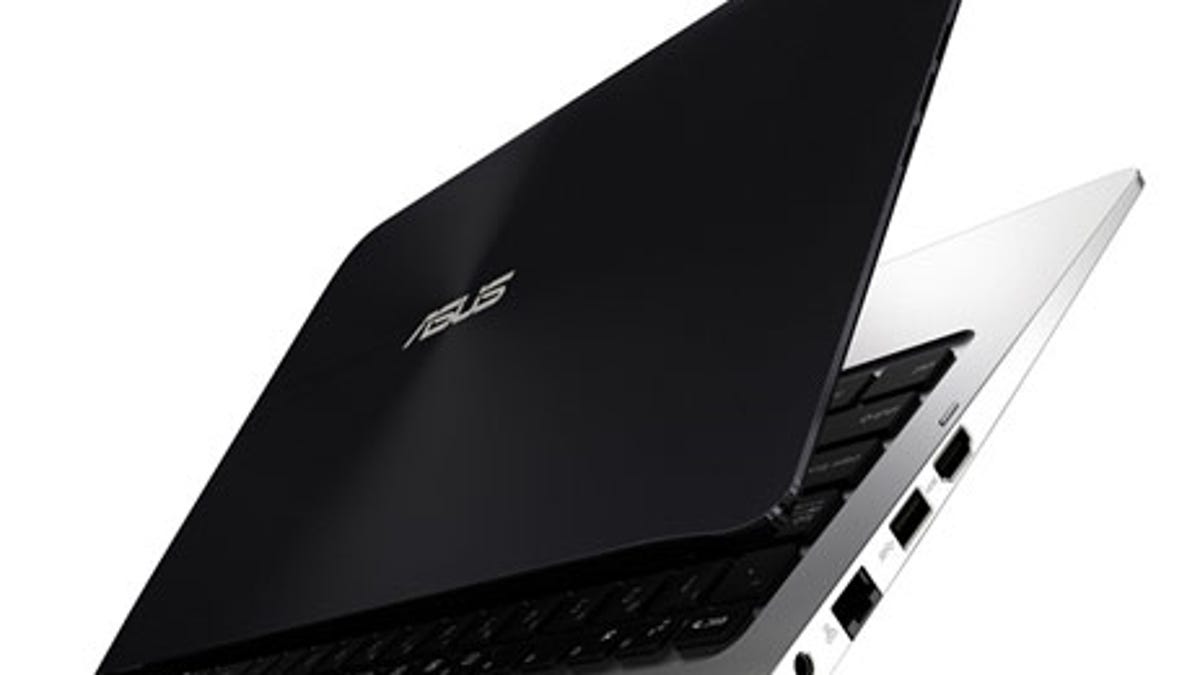No Nirvana? Is Asus rethinking Android-Windows 8.1 device?
Asus is slated to bring out a dual Windows 8.1-Android hybrid in second quarter of this year. But things may not be going swimmingly for the device.

Is a dual Android-Windows device just a pipe dream? And are these devices doomed in general?
We don't have an answer to that yet, but there are signs that not everything is copacetic.
A report last week from Asia claimed that Asus may be "forced" to give up the Transformer Book Duet TD300, a novel laptop-tablet hybrid that can instantly switch between Android and Windows 8.1.
And an industry source familiar with the Duet told CNET that there has been sparring with operating system partners, echoing the reports from Asia. However, the CNET source did not say that the device has been canceled.
Asus declined to comment. And Google did not respond to a request for comment.
The Duet created a bit of a buzz at CES in January (see video at bottom), with both Asus and Intel promoting the device as way to bridge the gap between mobile (Android) and desktop (Windows). The device appeared at the Intel booth at CES.
Here's what Asus said at the time: it "is the world's first quad-mode, dual-OS laptop and tablet convertible that allows users to switch between Windows and Android in either laptop or tablet modes with just a single push of the Instant Switch button or a virtual key on the tablet."
But promoting a device that runs a rival's operating system is problematic, at best. Though Intel seems keen on the device, it's not clear how supportive Google and Microsoft are.
Specs, as announced in January, include Windows 8.1 Standard / Android 4.2.2, a 13.3-inch Full HD multi-touch display, up to Intel Core i7 processor, 4GB of RAM, and up 128GB of SSD storage in the Tablet.
And Intel said at the time that Asus would also bring out an 11-inch model.
Asus said it would bring out the device in the second quarter.

